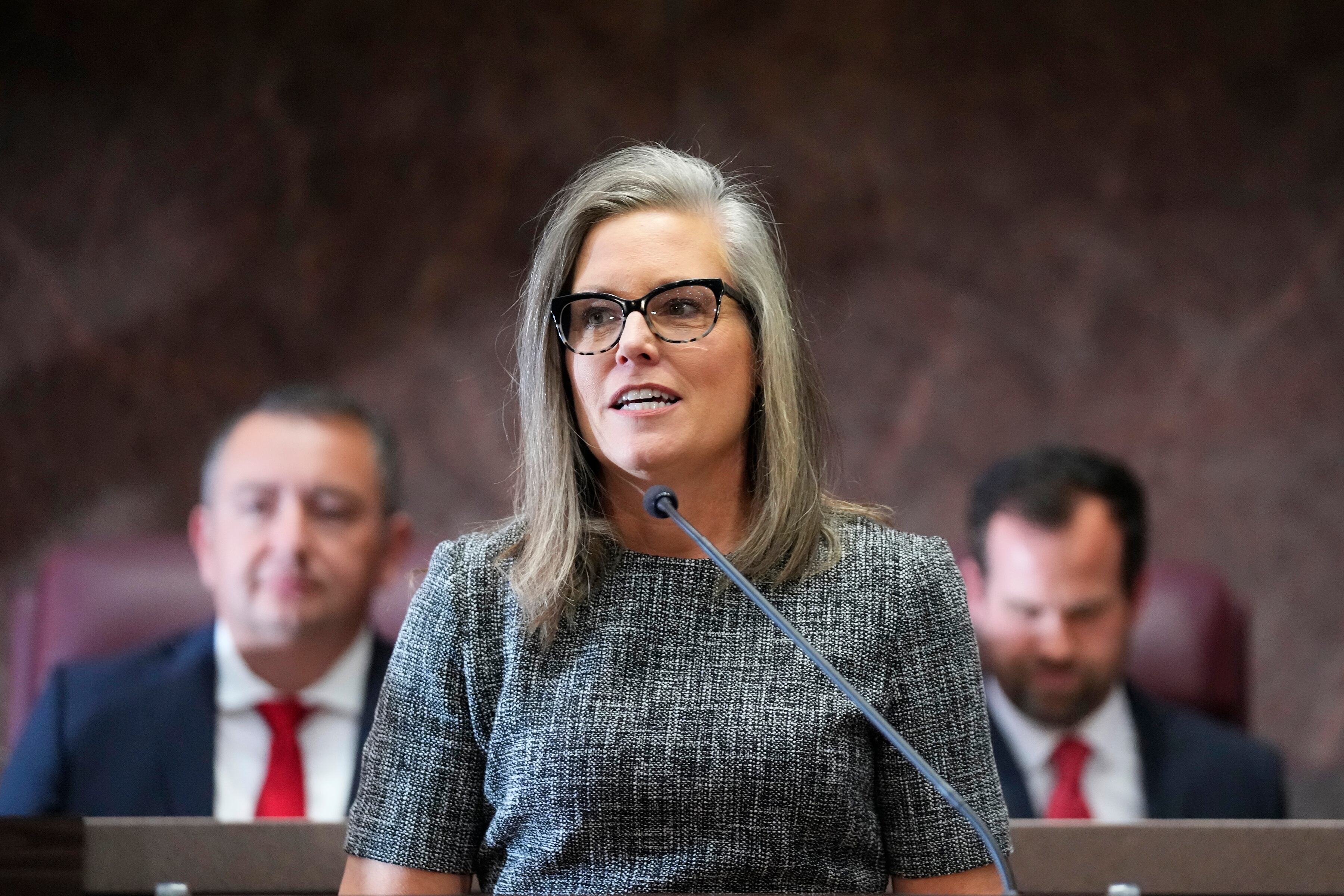*By Carlo Versano* Oregon has too much pot. In the three years since cannabis became fully legal in the Beaver state, deliberately lax regulation and a confluence of outside factors have created a glut of product that is threatening small businesses across the state. A poor growing season in 2016, exacerbated by a rare cyclone that hit the Pacific Northwest, led the state to allow outside investors to come in and jumpstart the fledgling cannabis growers with new capital. A better harvest in 2017 led to a crop that doubled from the year prior. Meanwhile, Oregon was giving out retail licenses like candy ー [nearly 2,000 in total](https://www.oregon.gov/olcc/marijuana/documents/approved_retail_licenses.pdf) ー and allowing out-of-state capital to access the market, which led to an explosion of small businesses attempting to cash in on the green rush, many of them medical marijuana businesses that were able to quickly re-purpose themselves as retail locations for recreational pot smokers. Even before it was fully legalized, there were more dispensaries in Oregon than [McDonald's ($MCD) or Starbucks ($SBUX)](https://www.businessinsider.com/there-are-more-marijuana-shops-in-oregon-than-starbucks-and-mcdonalds-2015-6) chains. All that competition meant the price-per-gram for cannabis in Oregon plummeted, from $14 in 2015, to $7 in 2017, according to The Oregonian, while demand remained the same. And yet, growers kept growing. There is now an estimated 1.3 million pound surplus of pot in the state that distributors cannot move. John Plummer, the co-owner of Bull Run Craft Cannabis, one of the state's first licensed cannabis companies, said that the glut would be great for business ー if the state wasn't prohibited from sending it across state lines. Oregon cannot export its extra pot, no matter who is willing to import it. "There's a lot of people struggling," Plummer said, who noted that he had to lay off workers as supply began to build up, outstripping demand and causing prices to fall. "If I were on the sidelines, I'd wait for things to shake out a bit." Not everyone in Oregon wants to wait. Adam Smith, the founder and director of the Craft Cannabis Alliance, supports a state bill that would make it legal for Oregon wholesalers to export cannabis to other states that have legalized the substance. That bill, even if signed into law, would still not supersede federal drug trafficking laws, but Smith said it would provide much-needed "momentum" for a federal legalization effort. "We're willing to have that fight," he said. (Oregon Rep. Earl Blumenauer just sponsored a bill in Congress to do just that. It's known as [H.R. 420](https://www.congress.gov/bill/116th-congress/house-bill/420).) According to Smith, the pot glut is threatening to wipe out hundreds of millions of dollars in local capital, mostly from small businesses that overextended themselves in the early days of legalization. "Oregon is a poor state, and we can't afford that level of economic crisis," he said. Making matters worse, the low barriers to entry for outside investors has meant even more competition, often from bigger Canadian companies that now threaten the state's homegrown producers. "This is not a competition," Smith said. "It's really become a slaughter." Even if Oregon was allowed to export some of its pot, it's unclear whether that would solve its problem absent a federal law change. Three of the four neighboring states ー Nevada, Washington, and California ー already have legalized cannabis and are shouldering their own demand issues. (Cannabis remains illegal in Idaho). For Oregon's pot to physically get to other parts of the country, other states would have to allow it to be trafficked across state lines ー unlikely, and still federally prohibited. Shipping cannabis via plane to a state like Massachusetts or Colorado would also be illegal. For advocates of a change in the export law, like Plummer and Smith, Oregon has something to offer that other states with legal pot do not: top-of-the-line product, and innovation. "We're producing some of the best products anywhere in the world," Plummer said, pointing to new smoking devices like an entirely organic cannabis cigar that uses a corn husk as a filter. Thanks to a 20-year head start with its medical marijuana industry and a climate that's ideal for marijuana growth, Oregon is home to the best cannabis in the world, Smith said. "We're ready to share that with our friends." For full interview [click here](https://cheddar.com/videos/how-one-oregon-cannabis-company-is-staying-alive-despite-the-states-surplus).












